Born in Quetta, Baluchistan. Wajiha Batool is a visual artist who graduated with distinction from the National College of Arts, currently working as an assistant curator at Satrang gallery Islamabad. She has been an active member of non-profitable organizations, that aims promoting awareness equal rights and inclusiveness in education and opportunities. Batool is a passionate individual who has dedicated her time and effort towards various community-based projects aimed at improving educational development. Batool has volunteered in a number of initiatives focused on community building developments, such as tutoring programs, after-school programs, and literacy programs. Batool’s works have been exhibited in various galleries nationally and internationally. Alhamra art council, Lahore, Gallery6, Islamabad, Pakistan National Council of Arts, 8B2 Gallery, VM Art Gallery, Karachi, Storia gallery Faisalabad, Aire place Gallery, UK, Satrang Art Gallery, Islamabad, 2nd Anna Molka Awards, Lahore. She also secured second place in an art competition conducted by French embassy, Islamabad.
Wajiha’s work explores resilience, loss, and memories, focusing on two distinct style through abstract representation visuals. One series features flora and fauna representing the resilience through colors and cultural symbol in Hazara community. These compositions draw inspiration from the harsh realities and experiences of Hazara individuals. The red tulip, symbolizing sacrifice, and martyrdom in Hazara culture, is prominently featured. Poppies, symbolizing remembrance, are also incorporated, connecting to regions where injustice and suffering have occurred, mirroring Mughal war paintings’ symbolic use of flowers. These visuals respond to unjust incidents. The other series involves mapping and portraying the memories of people and places displaced during conflicts. Dots on the artworks represent density of population in specific locations. Each work represents the experience of an individual, showcasing their current country or city of residence and their way of life. These works tell a story of love and loss in their own, initiating a conversation about our transformation through displacement.

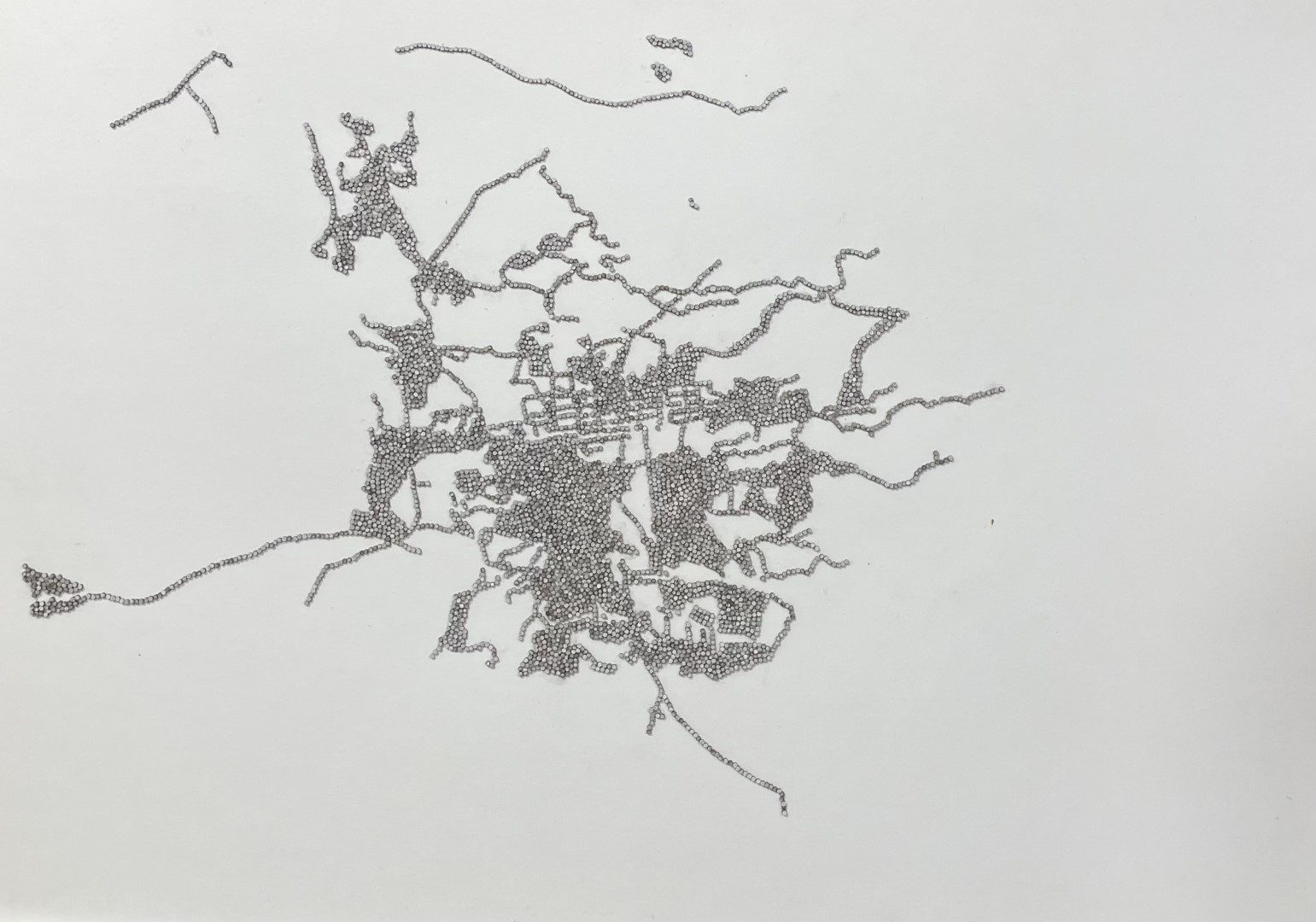
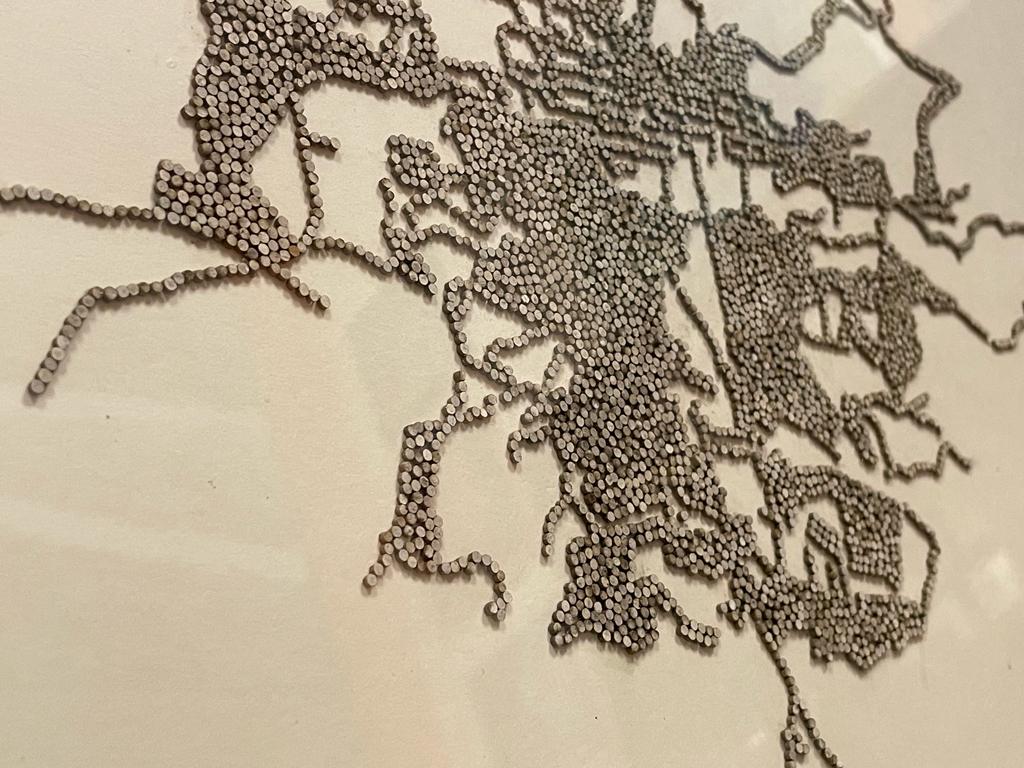
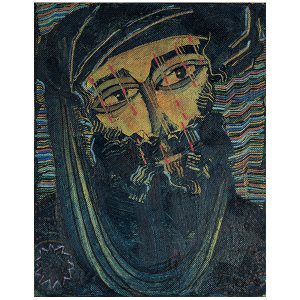
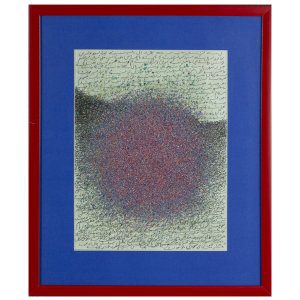
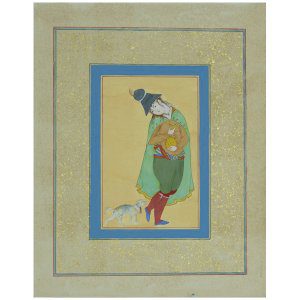
Reviews
There are no reviews yet.